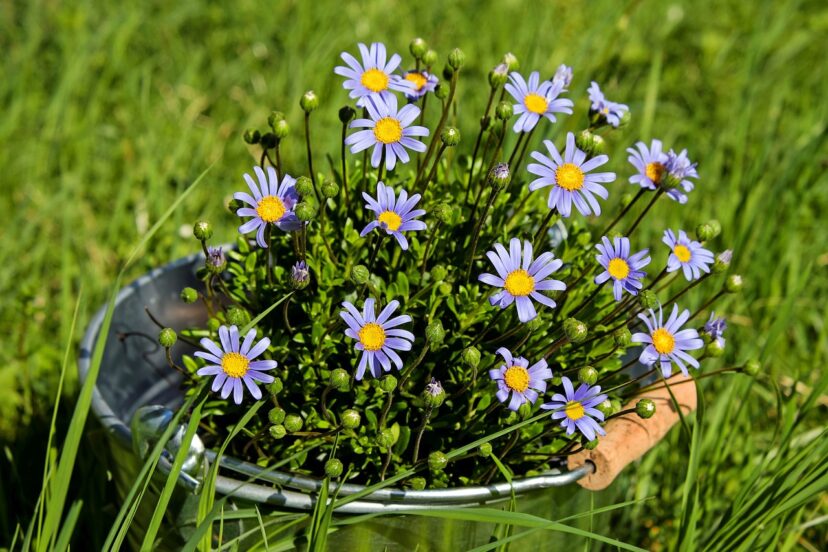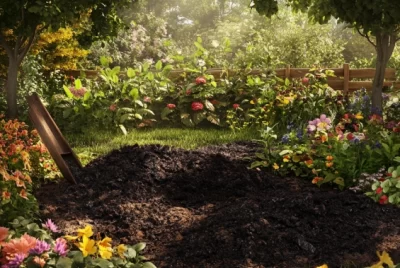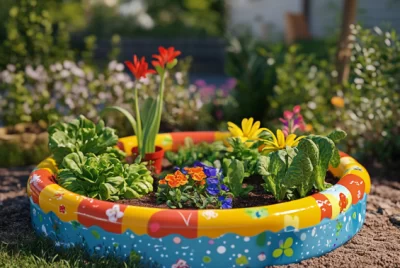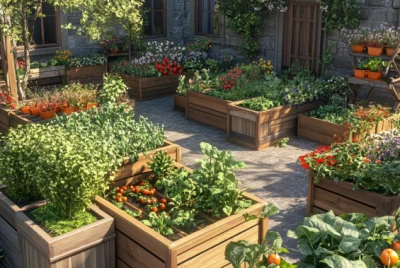Gardening in a Bucket: A Beginner’s Guide
Gardening in a bucket is a great way to grow your own food, even if you don’t have a lot of space. Buckets can be used to grow a variety of vegetables, herbs, and flowers, and they can be placed on a patio, balcony, or even in a sunny window. Buckets provide a flexible form of container gardening.
Benefits of Gardening in a Bucket
There are many benefits to gardening in a bucket. Here are a few:
- Space-saving: Buckets take up very little space, so they’re perfect for small yards, patios, or balconies.
- Easy to care for: Buckets are easy to move around, so you can water and fertilize your plants easily.
- Versatility: Buckets can be used to grow a variety of plants, so you can customize your garden to your own needs.
- Economical: Buckets are inexpensive, so you can get started with gardening without spending a lot of money.
Challenges of Gardening in a Bucket
There are a few challenges to gardening in a bucket. Here are a few:
- Drainage: Buckets need to have good drainage, so make sure to drill holes in the bottom.
- Soil: Buckets need to be filled with a good quality potting mix.
- Watering: Buckets need to be watered regularly, especially during hot weather.
- Fertilizing: Buckets need to be fertilized regularly, especially during the growing season.
How to Get Started
Here are a few tips for getting started with gardening in a bucket:
- Choose the right bucket. Any type of bucket will work, but plastic buckets are the easiest to care for.
- Drill holes in the bottom of the bucket. This will help to prevent the soil from becoming waterlogged.
- Fill the bucket with a good-quality potting mix.
- Plant your seeds or seedlings.
- Water your plants regularly.
- Fertilize your plants regularly.
- Protect your plants from pests and diseases.
Conclusion
Gardening in a bucket is a great way to grow your own food, even if you don’t have a lot of space. With a little planning and care, you can have a successful garden in no time.
Frequently Asked Questions
- What are some of the best plants to grow in a bucket?
Some of the best plants to grow in a bucket include tomatoes, peppers, cucumbers, herbs, and flowers. - How often do I need to water my plants?
You should water your plants regularly, especially during hot weather. The soil should be kept moist, but not soggy. - How often do I need to fertilize my plants?
You should fertilize your plants regularly, especially during the growing season. Use a balanced fertilizer that is diluted according to the directions on the label. - How can I protect my plants from pests and diseases?
There are a number of ways to protect your plants from pests and diseases. You can use insecticidal soap, neem oil, or other organic pesticides. You can also plant companion plants that help to repel pests. - What are some other tips for successful gardening in a bucket?
Here are a few other tips for successful gardening in a bucket:• Choose a sunny spot for your garden.• Mulch around your plants to help retain moisture and suppress weeds.• Watch for signs of pests and diseases and treat them promptly.• Harvest your plants when they are ripe.With a little care and attention, you can have a successful garden in a bucket.




